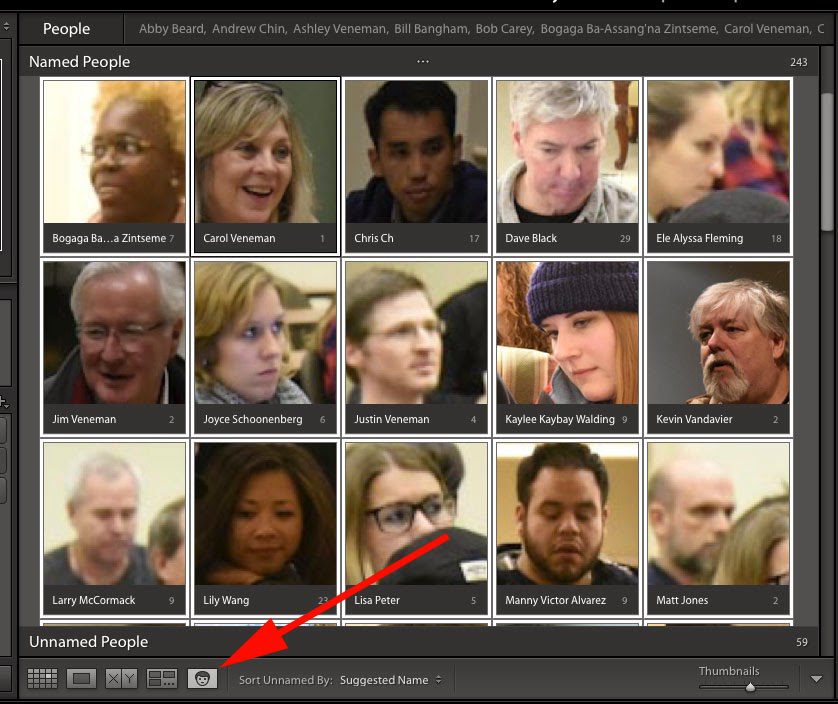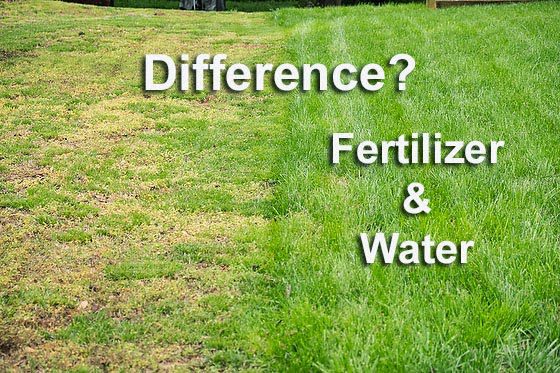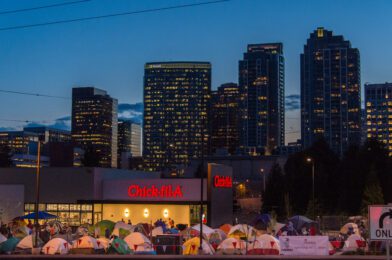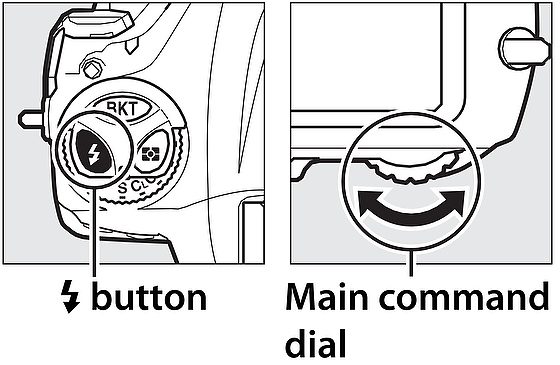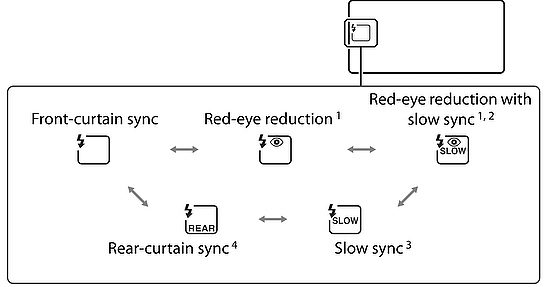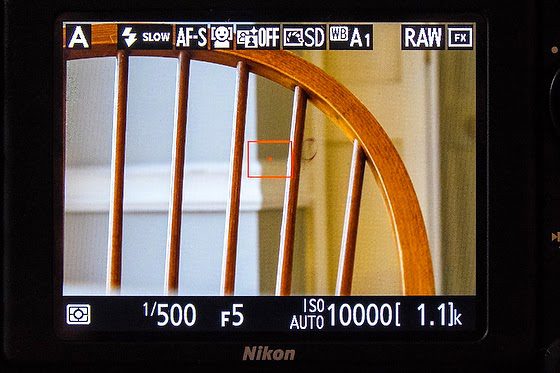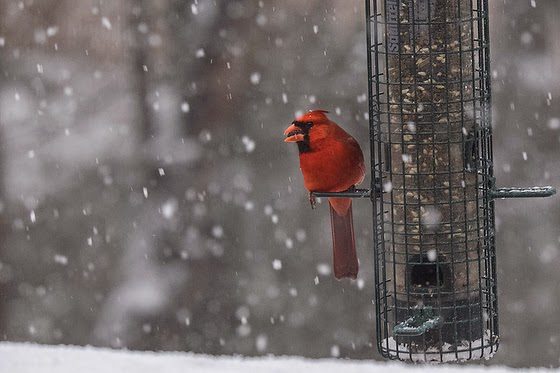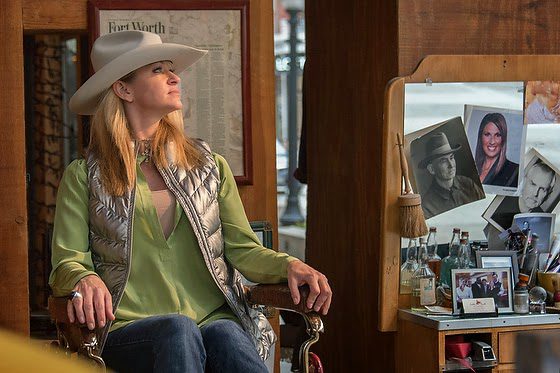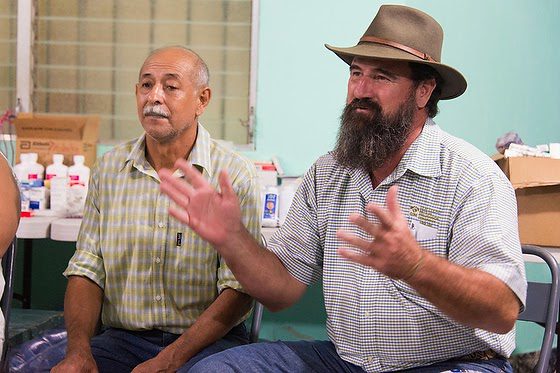| |
| Fuji X-E2, Fuji XF 18-55mm, ISO 1000, ƒ/4.5, 1/500 |
This time of year is when you can drive around your neighborhood and see a significant difference in lawn care. This photo shows just the difference spreading Weed & Feed with the watering can make in the appearance of your lawn.
Only the farmer who faithfully plants seeds in the Spring, who reaps a harvest in the Autumn.
B. C. Forbes
 |
| Fuji X-E2, Fuji XF 18-55mm, ISO 2500, ƒ/4.5, 1/500 |
A few weeks ago, I tackled the problem of bare spots in my yard. Well, they are more significant than spots. There is a lot of shade, so this will always be an area that needs more work than the sunny sections of the yard.
I went to HomeDepot and bought Powermate 10. 43 cc 2-Cycle Gas Cultivator to help turn the soil with the Rebel tall fescue, pelletized limestone, & Vigoro 15m weed & feed.
Just two weeks later, you can see the results of a much greener yard in these photos.
 |
| Fuji X-E2, Fuji XF 18-55mm, ISO 3200, ƒ/4.5, 1/500 |
Here you can see the areas I didn’t cultivate did not produce as much grass. Some grass seed and fertilizer fell in those areas, but the difference was in the turning the soil about 2″ – 3″ that buried the seeds and helped them grow.
Just celebrating Easter at our church reminded me of the Parable of the Sower that Jesus told.
Matthew 13: 3-9
“A farmer went out to sow his seed. As he was scattering the seed, some fell along the path, and the birds came and ate it up. Some fell on rocky places, where it did not have much soil. It sprang up quickly, because the soil was shallow. But when the sun came up, the plants were scorched, and they withered because they had no root. Other seed fell among thorns, which grew up and choked the plants. Still other seed fell on good soil, where it produced a crop—a hundred, sixty or thirty times what was sown. Whoever has ears, let them hear.”
Photographer Tips:
You reap what you sow. We have all heard this before, but what can a photographer learn from this? First, you must return to your present clients and reconnect with them. Next, you need to give them more information about you and what new things you are doing. Reconnecting with clients is like fertilizing your yard.
Now some ground is hard as a rock. So first, a farmer uses a tiller to break up dirt that has not been farmed or has become extremely hard. Next, a farmer uses a cultivator to loosen the soil in an existing planting area, weeding the area during the growing season, and mixing compost into the ground.
You may have to do a lot of leg work and go and beat the pavement finding those new clients. You may need some good examples to leave with them through your website, e-newsletter, or printed material. You may need to get friends working with those potential clients to help introduce you and break the ice for you.
Competition:
Even Jesus knew that your competition would try and sabotage all your good work. So he told a parable about it as well. It follows the Parable of the Sower:
Matthew 13:24-30
Jesus told them another parable: “The kingdom of heaven is like a man who sowed good seed in his field. But while everyone was sleeping, his enemy came and sowed weeds among the wheat, and went away. When the wheat sprouted and formed heads, then the weeds also appeared.
“The owner’s servants came to him and said, ‘Sir, didn’t you sow good seed in your field? Where then did the weeds come from?’
“‘An enemy did this,’ he replied.
“The servants asked him, ‘Do you want us to go and pull them up?’
“‘No,’ he answered, ‘because while you are pulling the weeds, you may uproot the wheat with them. Let both grow together until the harvest. At that time I will tell the harvesters: First collect the weeds and tie them in bundles to be burned; then gather the wheat and bring it into my barn.’”
They didn’t have weed & feed in those days. We as photographers may not have the weed control to put out either, but the lesson is clear others will try and attack you at times. Be careful at trying to fix this–you could damage the excellent seed you planted.
The message is straightforward having a big harvest requires you to work the field. First, you must get that tiller and break up the harsh ground. Next, using the cultivator to mix the seed and fertilizer would be best. Finally, you will need to water the field if you expect to see a crop worthy of harvesting.
You can’t reap what you do not sow.




